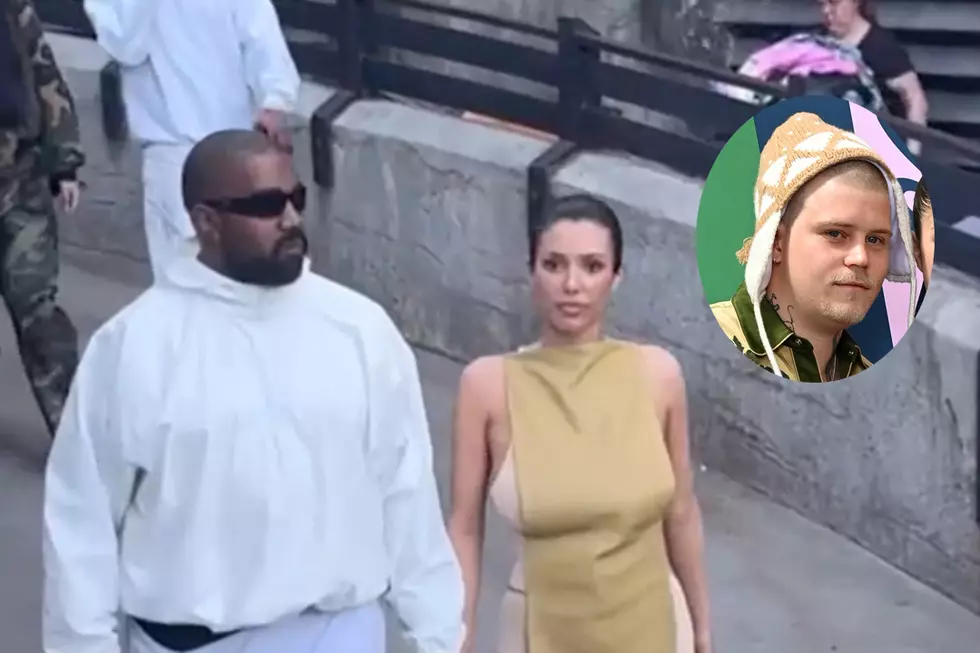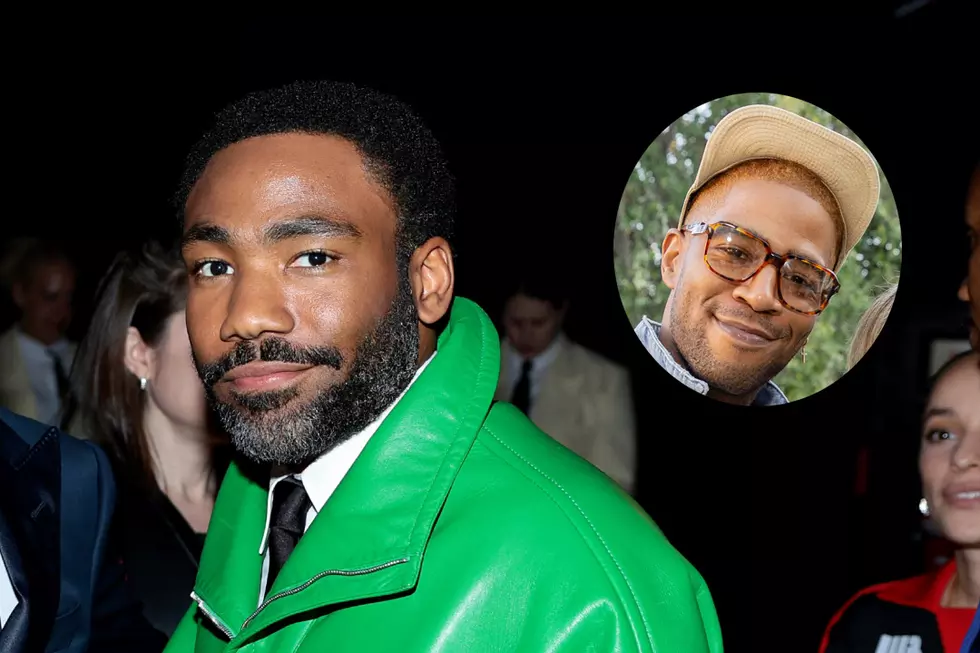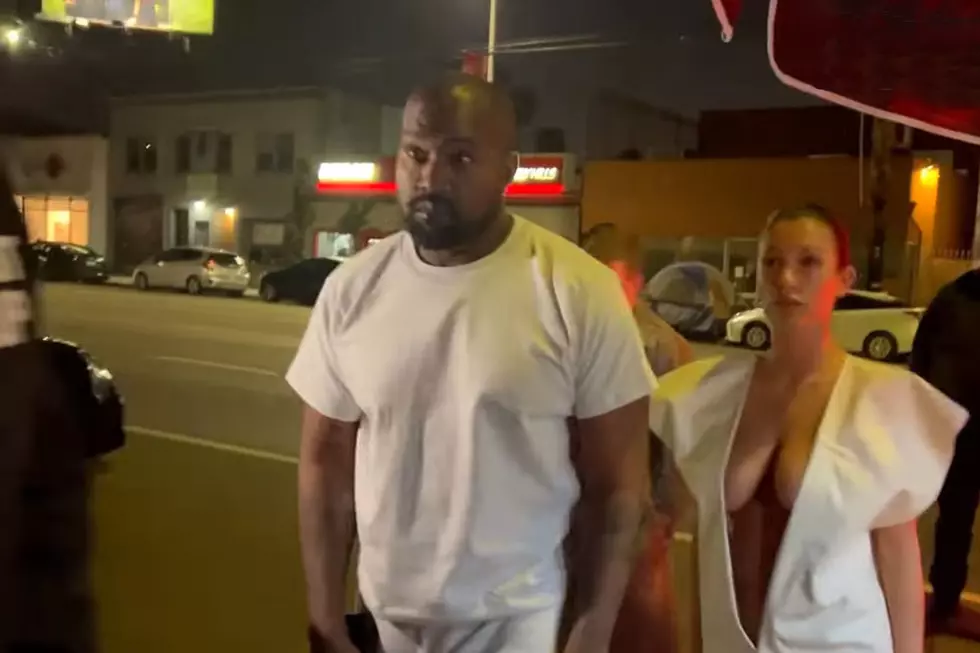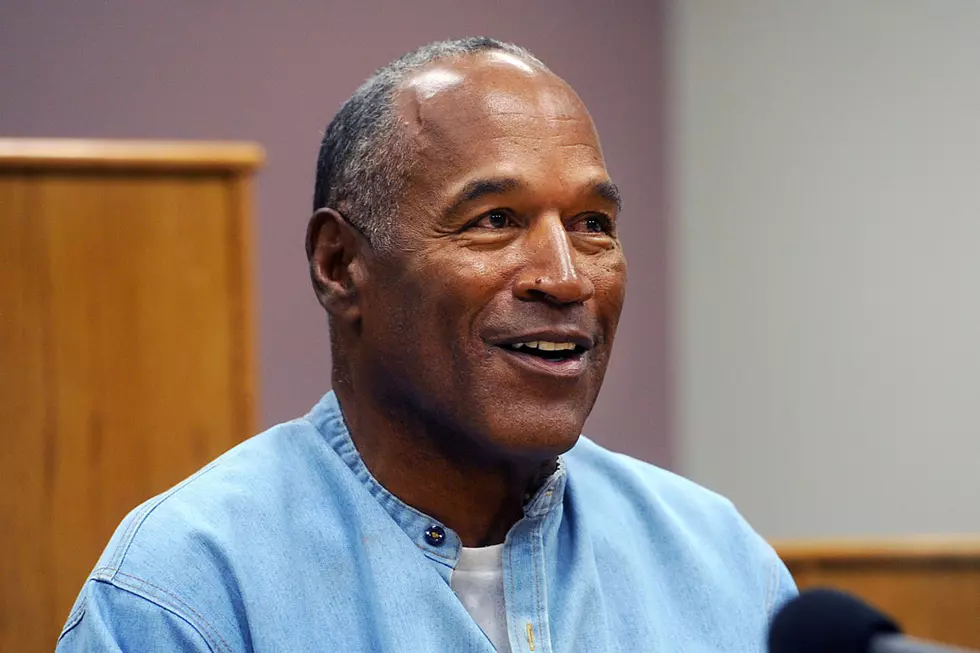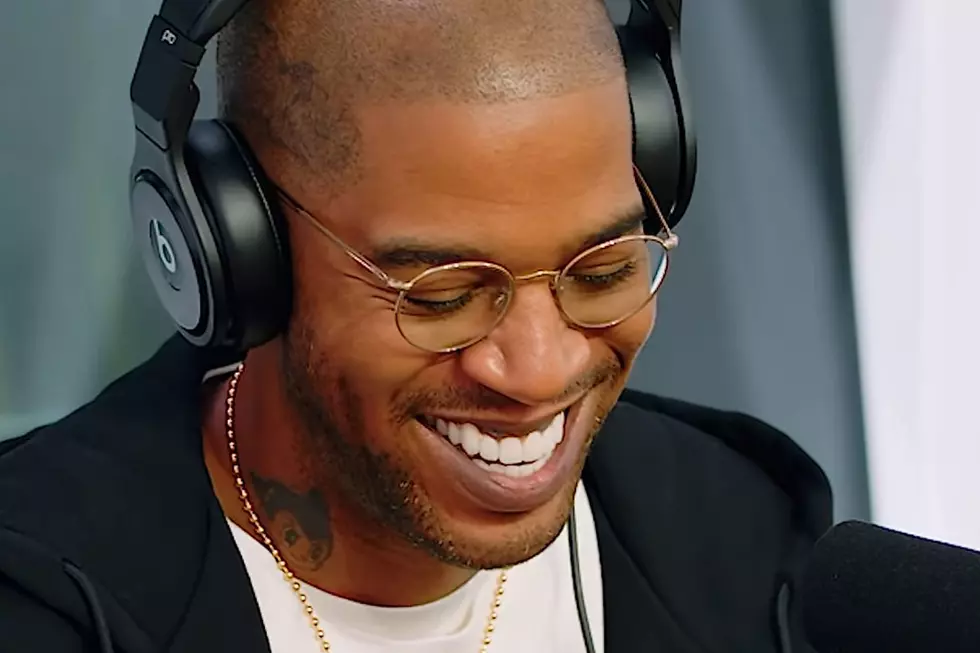
Greg Selkoe: The Man Behind Karmaloop.com
The Internet equals accessibility. This rings true for nearly all aspects of society, from how you're able to get your news to how you're able to discover new music. It's also the case for how you can get your clothes. In the last decade, online shopping has taken off, and Karmaloop.com has been along for the ride.
Created by Greg Selkoe in 2000, the website boasts an expansive offering of styles and brands to choose from—from sneakers and jeans to sweaters to tees; from Nike and LRG to Rocksmith and Obey; plus plenty, plenty more. And your favorite rapper has probably swung by the office, appeared on the site, or been interviewed on KarmaloopTV, the video branch of the site (which debuted Big Sean, Mike Posner and Clinton Sparks' video for "Ambiguous" in November, as well as Skyzoo and !llmind's "Langston's Pen" yesterday).
For two years when the site started, Selkoe, a Boston native, was working for the city while managing the site in his parents' basement at night. He didn’t start taking a salary until 2006, instead constantly putting money back into the venture, reinvesting in the company. It has since paid off, as Karmaloop is a go to destination for shoppers all over. New York City is the site's number one market, with other hubs like L.A., Chicago, Toronto, Tokyo and London not far behind; they have sold clothes to all 50 states. A higher end version of the site, called Boylston Trading Company, will be launching in the spring and feature more expensive items. Also set for later this year is a Karmaloop cable station, which will be 80% movies—including films from the '70s and '80s, Bruce Lee flicks, animé and more.
Here, in his own words, Selkoe breaks down why he started the site, how he's gotten hip-hop artists on board, sitting on the board of Kanye's foundation, misunderstanding "hip-hop clothing" and more. —Adam Fleischer
"People already knew what they wanted to get, but they’d have to drive to these other cities to get the clothes."
My friend Al Haney had a hip-hop and electronic music magazine in Boston called Decontrol and we were working on that and we were trying to sell ads to clothing companies. [But] a lot of these clothing companies had no ads, and the reason they had no ads was because they had no distribution. Triple 5 Soul was one of the first brands. It was known all over the country—you saw Common or DJs or skaters wearing the clothes—but if you didn’t live in a few cities you couldn’t even get it. I figured I could start something up and provide universal reach to these brands. That was the initial thought, but what happened was not only did we do well in Ohio, but we also did well in Brooklyn, because we started having a better selection than even the boutiques. And people’s preferred form of shopping was online.
"The Internet wasn’t going away, so there was gong to be someone that made it, so we just had to have staying power."
I had no background in Internet, business—anything. My dad is a scientist; my mother was a schoolteacher and then she became an urban planner. In a way that was good. Particularly with the Internet, a lot of old rules didn’t apply, in terms of retail, so I didn’t have any preconceived notions. The Internet was new for everyone. We started in 2000; it had only been poppin’ for four or five years before that. We came in at the right time. A lot of people had started stuff, [but] a lot of those [sites] went under.
"Everyone said, Don’t put content on the site, it will distract from the shopping. But we did the opposite."
We didn’t have any money, so I had to use ingenuity to market the site. One of the things we did really early on was basically to get our customers to become marketers for the site. Every time they generated a sale, they got points, and they could get cash or free clothes. A lot of our customers felt like they were an extension of the site. The other thing that we did was we shot clothes on models; everyone was shooting on mannequins at that point. We put content on the site, too. It makes it more lifestyle; a mix of commerce and media.
"We saw other sites doing videos catered to our audience, and we didn’t think they were doing a very good job."
About three years ago, when videos started becoming more used online, we saw other sites doing videos catered to our audience, and we didn’t think they were doing a very good job. We already had a huge audience of people coming to the site to shop, and we had been working with a lot of celebrities, so we were able to leverage that. We went to Travie McCoy and were like, We wanna do something with you for KarmaloopTV and he was like, I know who you guys are, I’ve been buying clothes from you guys for years. So we leveraged our brand name and our contacts.
"We’re fans, first and foremost."
We try to give [artists] exposure. Now we reach five million people a month, so it’s good exposure for the artists. It’s kind of happened naturally, with artists feeling our stuff. We’ve done a lot of stuff with Kanye in the past; I’m on the board of Kanye’s foundation. We’ve raised money on the site for his foundation. We did a contest where we gave away a pair of signed Yeezy’s. We’ve done a lot of stuff with Bun B, Travie, Kid Cudi—we were fuckin’ with him before he was even big. We liked his music and his style and his aesthetic fit what we were doing on Karmaloop. A lot of times we lace artists with gear and they’re willing to plug us.
"We have all sorts of different looks and feels within the site, and that’s reflecting the hip-hop community."
One of the reasons why a lot of the artists like us is because we’re a fashion website first and foremost, and it’s about the clothes, but music is part of the lifestyle. We actually care about the gear that we’re putting out. It’s not like in the past where they had hip-hop labels where there were dudes in suits saying, How can we work with this rapper to sell as many baggy sweatpants and baggy sweatshirts as possible? And it really isn’t about the clothes. One of the things that we’re seeing is that there isn’t one kind of fashion that’s popular with hip-hop. You have Kanye, and the whole Rosewood thing now he’s wearing suits; you have people like Cudi who are much more downtown, skinny jeans; then you have New Boyz with a Tokyo streetwear thing to them. In my opinion, there’s no such thing as hip-hop fashion anymore. All these people have different personalities.
"I think what corporate America thinks of as urban or hip-hop clothing is just not where it’s at right now."
Styles are so diverse. Why shouldn’t you just be able to buy the shit you like and reflect your personal style and not have to wear a uniform? If you’re outside of the culture, it’s not what you would think of as “hip-hop clothing,” cause that has changed.
More From XXL
